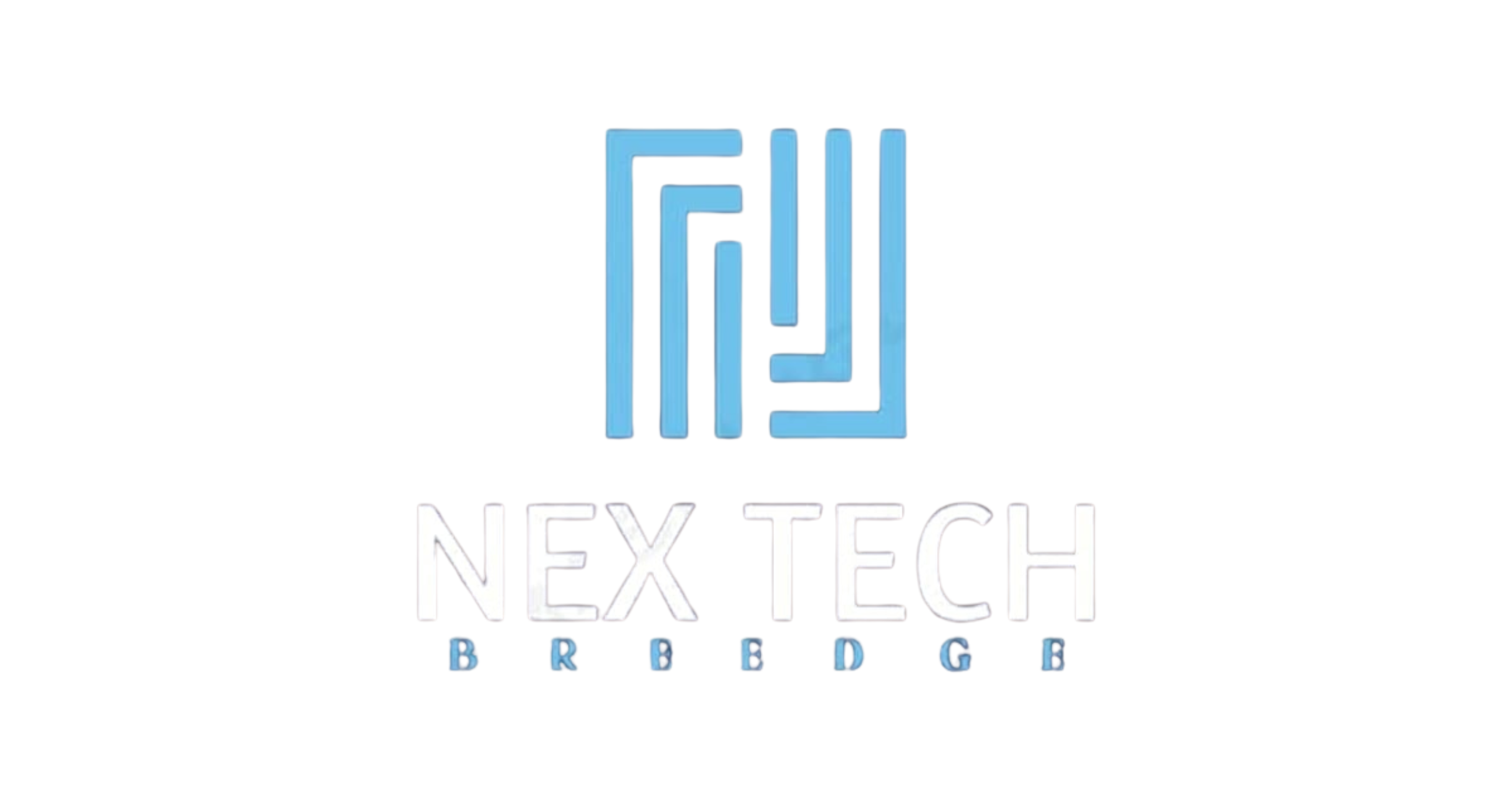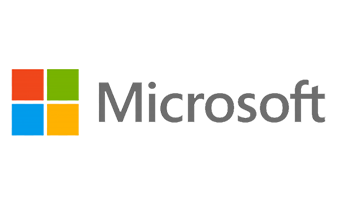Microsoft Infrastructure
Equip your team with the skills to design, deploy, and manage Microsoft-based infrastructure — the backbone of modern enterprise IT.

Companies grow with a more skilled team thanks to our training programs



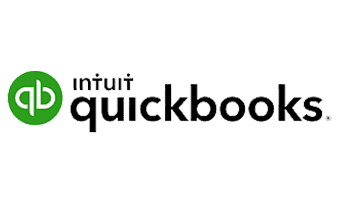

Course Overview
The Microsoft Infrastructure Training course provides IT professionals with the essential skills to build, manage, and secure Microsoft environments across cloud and on-premises platforms.
Participants will learn how to optimize system performance, implement best practices, and manage modern workplace solutions with confidence.
Who This Course Is For
- System administrators and infrastructure engineers
- IT professionals managing Microsoft servers and services
- Network administrators transitioning to cloud or hybrid environments
- Teams seeking Microsoft infrastructure upgrades
Learning Outcomes
After completing this training, participants will be able to:
- Manage and support Microsoft-based systems and networks effectively
- Plan and implement modern infrastructure solutions across hybrid environments
- Automate and optimize IT management using PowerShell and related tools
- Strengthen performance, security, and collaboration across the enterprise system
What’s Included
Below are the specialized courses included under the Microsoft Infrastructure Training catalog
Gain a broad introduction to Dynamics 365’s finance and operations capabilities — including Supply Chain Management, Finance, Commerce, Human Resources, and Project Operations.
Designed for power users or IT professionals responsible for managing SharePoint 2016 environments and site administration.
Learn to configure, manage, and optimize SharePoint Online within Office 365 environments.
Hands-on experience in setting up, customizing, and maintaining CRM components in Dynamics 365.
Master the configuration and support of Windows 10 and later desktop environments for enterprise settings.
Develop strategies for deploying, updating, and maintaining modern operating systems efficiently.
Learn the core administration skills required to deploy, support, and manage Windows Server 2019.
Prepare for hybrid environments by integrating on-premises Windows Servers with Azure IaaS workloads.
Understand how to migrate existing workloads to the Azure platform efficiently and securely.
Explore the modernization process for SQL workloads — from assessment to planning and implementation.
Gain foundational knowledge of Microsoft 365 cloud services and SaaS adoption strategies.
Learn enterprise-level Microsoft 365 administration, covering service management and identity governance.
Plan, configure, and manage modern SharePoint sites and OneDrive content services for collaboration.
Learn about Microsoft 365 messaging administration, including transport, security, and compliance.
Discover security and deployment considerations when implementing hybrid SharePoint environments.
Learn how to migrate MongoDB and Cassandra workloads to Azure’s scalable Cosmos DB platform.
Automate and manage SQL Server tasks using PowerShell for improved efficiency and reliability.
Use PowerShell to enhance and automate SCCM administration and workflows.
Develop PowerShell skills for managing SharePoint Servers and automating daily admin tasks.
Centralize and streamline IT infrastructure administration using Group Policy.
Understand Microsoft 365 identity management and related administrative tasks.
Learn to manage mobility, security, and compliance in Microsoft 365 environments.
Master governance, deployment, and communication management within Microsoft Teams.
Explore how to migrate MySQL and PostgreSQL workloads to Azure SQL Database.
Get an introduction to Dynamics 365 customer engagement applications, including Marketing, Sales, Customer Service, and Field Service.
Why Choose Us
Comprehensive Coverage
Learn across Microsoft’s full infrastructure ecosystem — from servers to cloud and collaboration tools.
Hands-On Learning
Each module includes guided labs and real-world practice
Certified Instructors
Learn from professionals with proven Microsoft experience and certifications.
Flexible Learning
Available onsite, online, or blended — customized to your organization’s needs.

Our Unique Advantage
At NexTechBreedge, we go beyond theory to help teams build, manage, and optimize IT infrastructure that keeps businesses running smoothly. Our programs combine practical labs, expert guidance, and real-world problem-solving for lasting skill development.


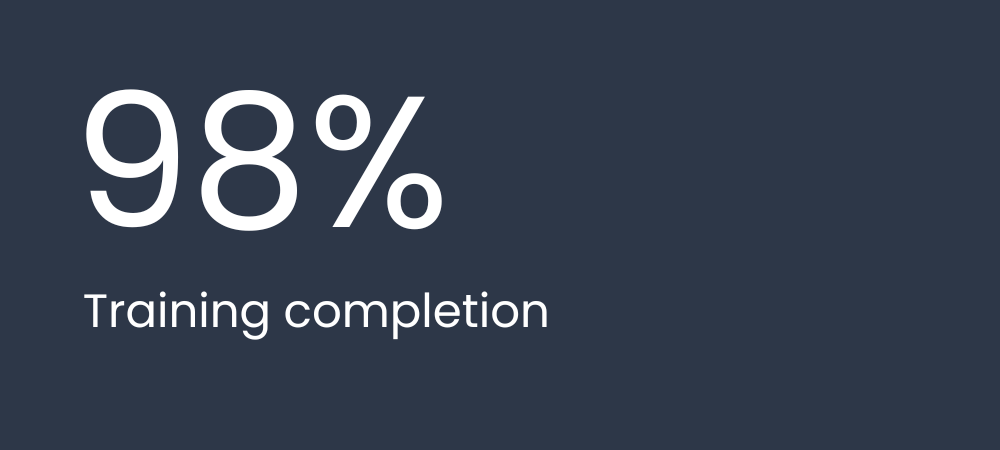
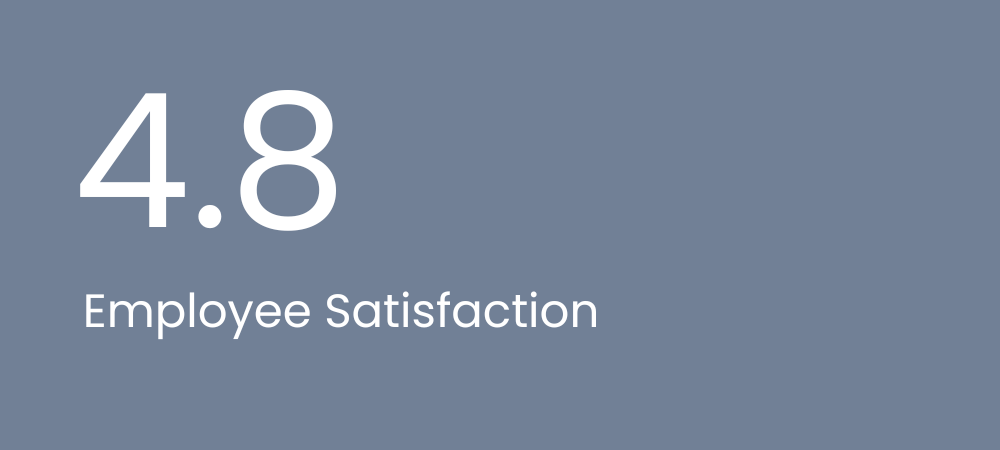
50%
Fewer admin hours

Testimonial

Empower your workforce with our Training Programs
Speak to one of our Training Experts to customize a plan that fits your team’s goals.





Microsoft Infrastructure Training
Take a look below at the various courses we offer
under the Microsoft Infrastructure training catalog
Microsoft Dynamics 365 Fundamentals (ERP)
Students gain a broad introduction to the finance and operations capabilities of Dynamics 365. You will become familiar with the concept of enterprise resource management (ERP), as well as each of the finance and operations apps, including Dynamics 365 Supply Chain Management, Dynamics 365 Finance, Dynamics 365 Commerce, Dynamics 365 Human Resources, and the ERP capabilities of Dynamics 365 Project Operations.
SharePoint 2016 Site Collections and Site Owner Administration
Students in this course should be power users or IT professionals who are tasked with working within the SharePoint 2016 environment conducting site collection and site administration.
SharePoint Online for Administrators
This course introduces students to SharePoint Online Administration in Office 365 and explains and demonstrates the configuration options for SharePoint Online.
Microsoft Dynamics 365 Customization and Configuration
This course provides students with a detailed hands on experience of setting up, customizing, configuring and maintaining the CRM components of Microsoft Dynamics 365.
Windows Client
In this course, students will learn how to support and configure Windows 10 and later desktops in an organizational environment.
Managing Modern Desktops
In this course, students will learn how to plan and implement an operating system deployment strategy using modern deployment methods, as well as how to implement an update strategy.
Windows Server 2019 Administration
The course teaches IT professionals the fundamental administration skills required to deploy and support Windows Server 2019 in most organizations.
Windows Server 2019 Hybrid and Azure IaaS
This course is intended primarily for IT Professionals who have experience with managing an on-premises Windows Server environment. Its purpose is to prepare professionals for planning, implementing, and managing environments that include Azure IaaShosted Windows Server-based workloads.
Migrating Application Workloads to Azure
This workshop reveals how to migrate existing on-premises workloads and assets to the cloud, specifically to the Microsoft Azure platform.
Migrate SQL workloads to Azure
In this course, the students will explore the objectives of data platform modernization and how it is suitable for given business requirements. They will also explore each stage of the data platform modernization process and define what tasks are involved at each stage, such as the assessment and planning phase.
Microsoft 365 Fundamentals
This course provides foundational knowledge on the considerations and benefits of adopting cloud services and the Software as a Service (SaaS) cloud model, with a specific focus on Microsoft 365 cloud service offerings.
Office 365 Administrator
This course covers three central elements of Microsoft 365 enterprise administration – Microsoft 365 tenant and service management, Office 365 management, and Microsoft 365 identity management.
Manage SharePoint and OneDrive in Microsoft 365
In this course, you will learn how to plan, configure, and manage SharePoint Sites and OneDrive to enable modern content services that transform the content lifecycle. Specifically, this course discusses the modern SharePoint site structure, such as SharePoint hub sites
Microsoft 365 Messaging
This course examines the key elements of Microsoft 365 messaging administration, including message transport and mail flow, messaging security, hygiene, and compliance, messaging infrastructure, and hybrid messaging.
SharePoint Hybrid Deployment and Migration
This course dives into the multiple security aspects confronted by one in the Security Adminstrator role within a Microsoft 365 deployment.
Migrate NoSQL workloads to Azure Cosmos DB
This course will teach the students what is Cosmos DB and how you can migrate MongoDB and Cassandra workloads to Cosmos DB.
PowerShell for SQL Server Administrators
This course provides candidates with the knowledge and skills needed to use PowerShell for SQL Server administration. Students will learn how to manage day-to-day and scheduled maintenance tasks
PowerShell for System Center Configuration Manager Administrators
This course provides you with the knowledge and skills needed to use PowerShell for System Center Configuration Manager (SCCM) administration.
PowerShell for SharePoint Administrators
This course provides students with the knowledge and skills needed to use PowerShell to administer SharePoint Servers. Students will learn how to manage day-to-day and automated tasks carried out by SharePoint Administrators
Managing Windows Environments with Group Policy
In this course, students learn how to reduce costs and increase network efficiencies, discovering how to consolidate the administration of an enterprise IT infrastructure with Group Policy
Microsoft 365 Identity and Services
Students will learn key elements of Microsoft 365 Identity job role
Microsoft 365 Mobility and Security
This course supports the large numbers of customers still running Exchange 2003 or Exchange 2007 in upgrading their skills and environments to Exchange 2010 Service Pack 1 (SP1).
Managing Microsoft Teams
This course covers six central elements - Microsoft Teams overview, implementing governance, security and compliance for Microsoft Teams, preparing the environment for a Microsoft Teams deployment, deploying and managing teams, managing collaboration and managing communication in Microsoft Teams
Migrate Open Source Data Workloads to Azure
This course will enable the students to understand Azure SQL Database, and educate the students on what is required to migrate MySQL and PostgreSQL workloads to Azure SQL Database.
Microsoft Dynamics 365 Fundamentals (CRM)
Students gain a broad introduction to the customer engagement capabilities of Dynamics 365. They will become familiar with the concept of customer engagement, as well as each of the customer engagement apps, including Dynamics 365 Marketing, Dynamics 365 Sales, Dynamics 365 Customer Service, Dynamics 365 Field Service, and the customer relationship management (CRM) capabilities of Dynamics 365 Project Operations.
